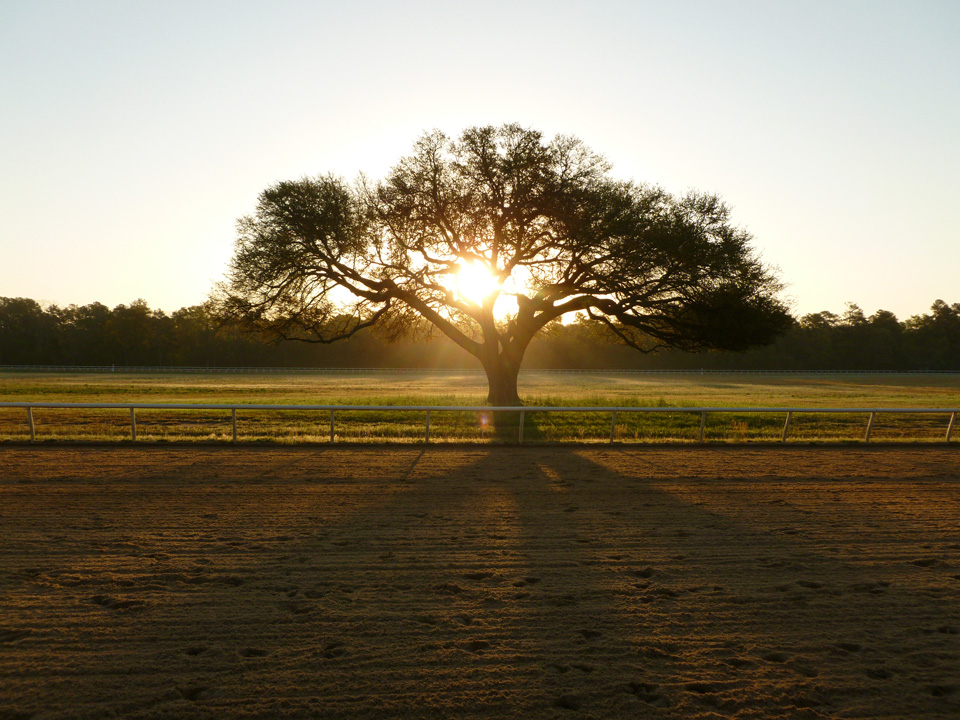78 million boomers are looking at what’s next. The first in an EQ series on places to consider.
Published Winter 2013
As 78 million people born between 1946 and 1964 are scheduled to retire over the next five years, many of them are looking to move across state lines. Where will baby boomers choose to retire? Given the vastness of this demographic, a mere three-tenths of one percent of relocating boomers has the potential to add $1 billion per year in new income to a host community’s economy. Increasingly, the target relocation destination has been the southeast United States, specifically the Carolinas and Florida.
The first survey in 10 years commissioned by the Consumer Federation of the Southeast (CFS) confirms that a number of factors favor South Carolina. The 2011 survey of over a 1,000 adults between the ages of 47 and 65 living in the eastern half of the country confirmed that the vast majority were considering moving to another state when they retire, that the majority would make the move regardless of the state of the economy, and that they would purchase a retirement property. The survey concluded that people choose their destination based on a specific list of factors: warm climate, cost of housing, taxes, access to quality healthcare, opportunity for recreation, culture and learning, and a mid-size community.
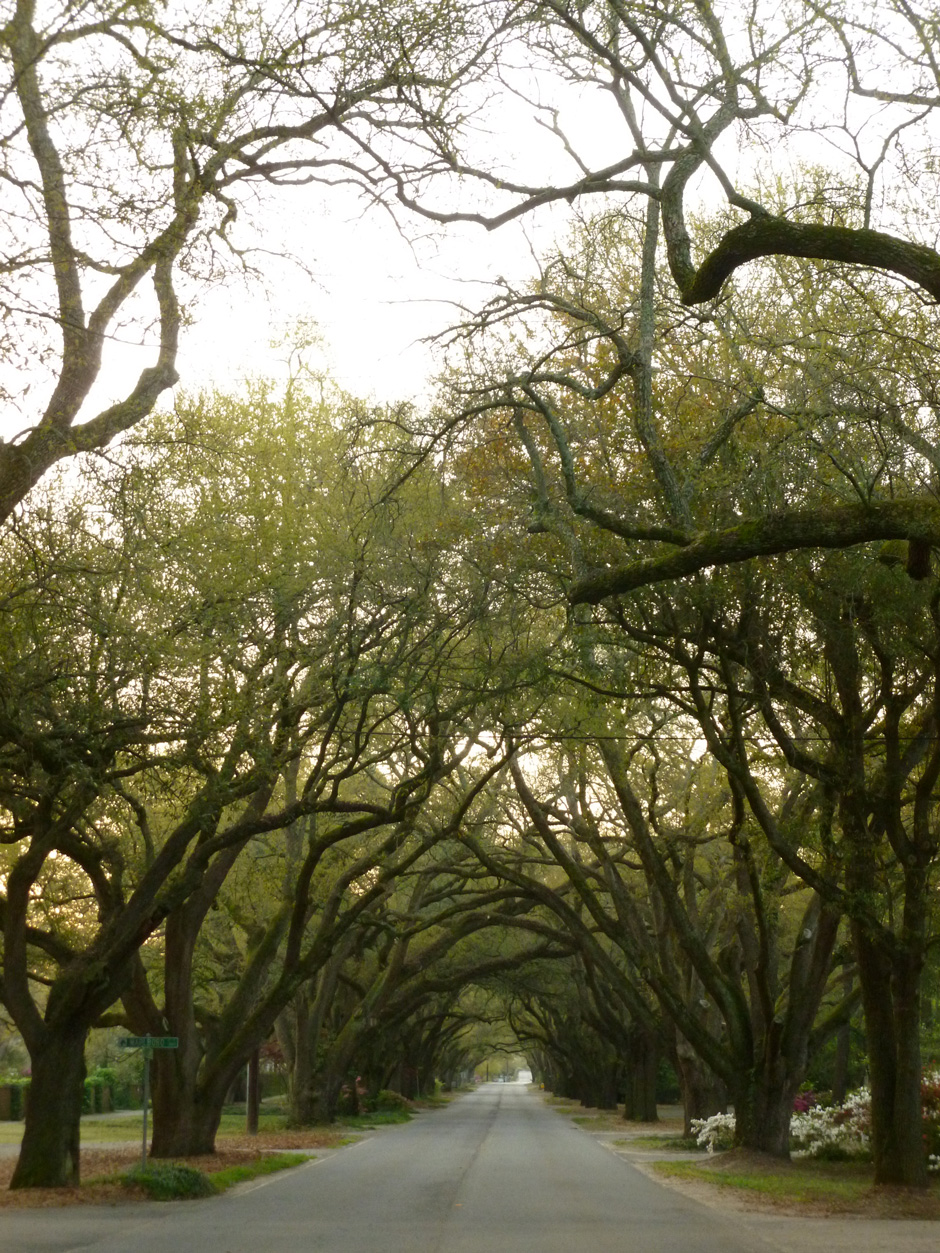
Aiken is a Southeast community that appears to match all these criteria. The climate is warm and frost-free but seasonally varied. It is affordable, with typical home prices around $250,000 and annual property taxes averaging only $1,500. Good healthcare facilities are offered by several University of South Carolina hospitals and the Medical College of Georgia. Culturally, the colleges and the Aiken Center for the Arts offer classes, exhibits, and events. For recreation, there are amenities for every equestrian discipline, as well as multiple world-class golf courses. To top it all, Aiken is a mid-size town with a professional mix of educated residents from industry and academia.
The multidisciplinary horse culture has generated a plethora of tack stores, veterinarians, trainers, and breeders. These equine resources have made Aiken increasingly a location of choice for boomers who want horses as part of their retirement lives.
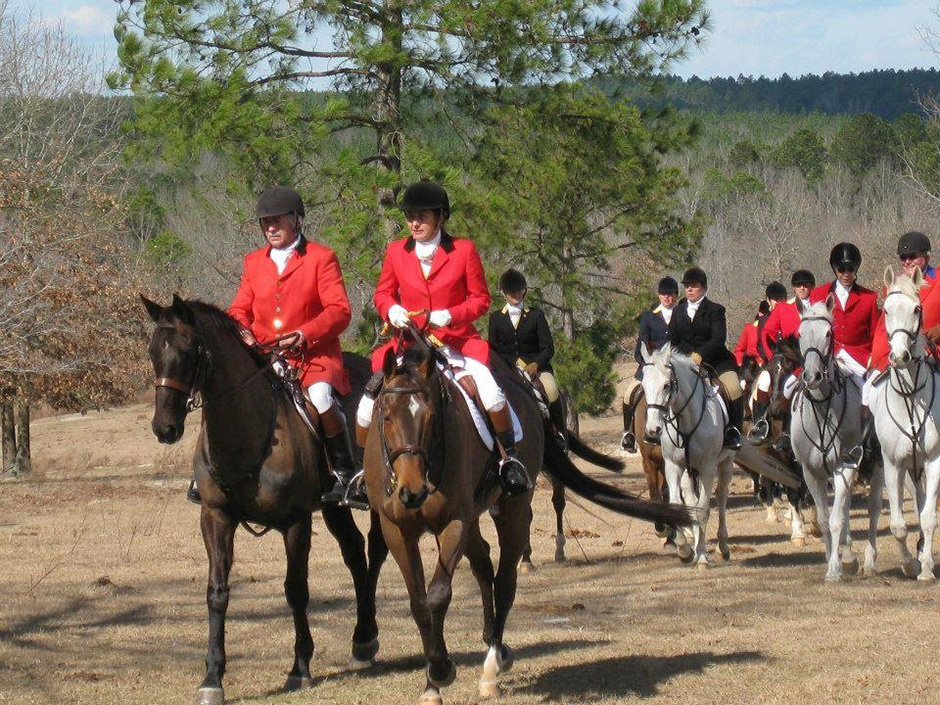
Aiken’s historic downtown common is reminiscent of an earlier time, when neighbors greeted one another and strangers offered warm smiles and friends relaxed with sweet tea and cobbler in the shade of a magnolia tree. Today, Aiken is a dynamic community, steeped in history, yet poised for a future of growth.
Founded in 1835 by William Aiken, a railroad president and a leading cotton merchant, the town served as a pass-through for railroad travel. It quickly became a destination for wealthy Northerners attracted to the area for the milder winters and abundant sport opportunities. Today, Aiken remains a tourist destination, seasonal getaway, and year-round home to a large population of equestrians of all disciplines and ages. John Abbott of Bridlewood Farm enjoyed Aiken seasonally for many years before calling it home. He says, “The town is sophisticated, yet still small. You see people you know almost every day.” Quiet dirt roads, polo fields, show rings, and racetracks nestle into the pines between tasteful mansions. Foxhunters, eventers, drivers, dressage riders, polo players, and hunter-jumper riders enjoy Aiken for the consistent footing, climate, and endless possibilities for showing, schooling, and learning from some of the nation’s most talented equestrians.
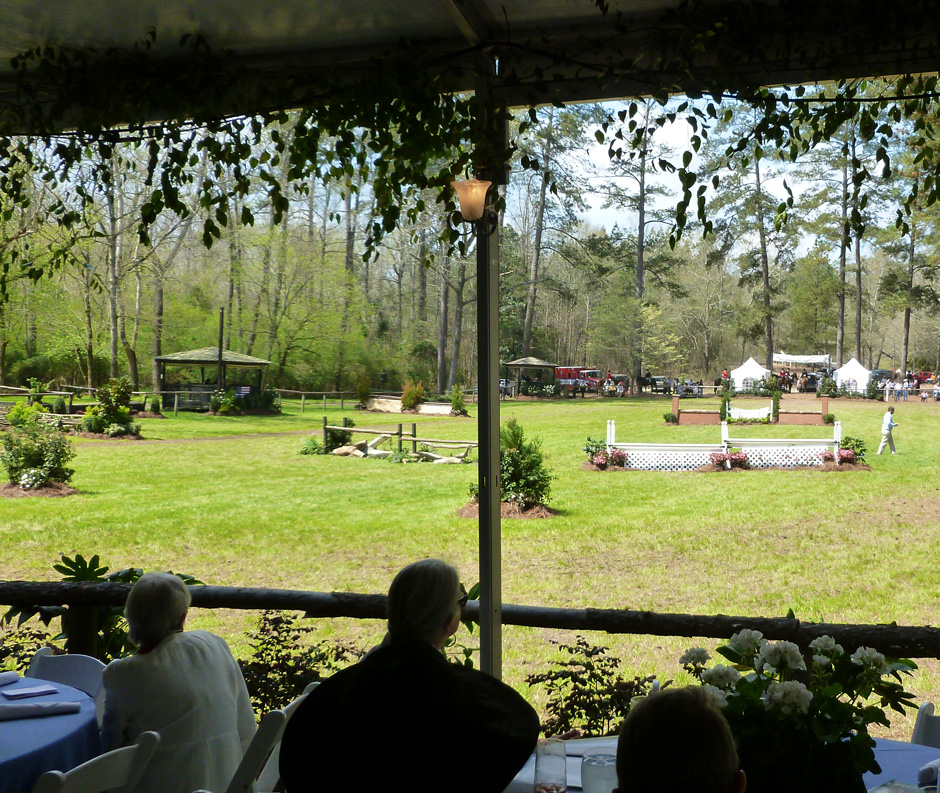
The Aiken Triple Crown is an example of the unique variety of horse sports in the area. It is a long-standing series of events that includes racing, steeplechase, and polo. Ushering in the season every spring, it’s a highlight of the Aiken social calendar, offering tailgating, reserved seating, and catered luncheons with crowds of well-dressed spectators looking classic and chic. For each event, a different assembly of trainers, owners, and viewers gather to appreciate horsemanship, tradition, and the weather.
Two recent transplants to Aiken spoke with EQ. Their experiences may help guide boomers examining their own relocation options.
KATHIE ROBERTS (56) was a federal agent for 31 years, stationed in Los Angeles and Denver, and active as a triathlete and club polo player. Tiring of large cities and commuting, she retired at 50 and started her relocation search. Her criteria were a warm climate, good horse footing, affordable prices, and polo nearby. She shortlisted Aiken, Vero Beach, Fla., and Sarasota, Fla.
On two separate visits to Aiken, she saw 40 farms and decided to purchase a farm on 13 acres for $350,000. Having sold her Boulder, Co., home and converted her pension into a 401k, she moved herself and her horses to Aiken to develop her parcel, which included clearing, fencing, and adding a barn, investing an additional $450,000.
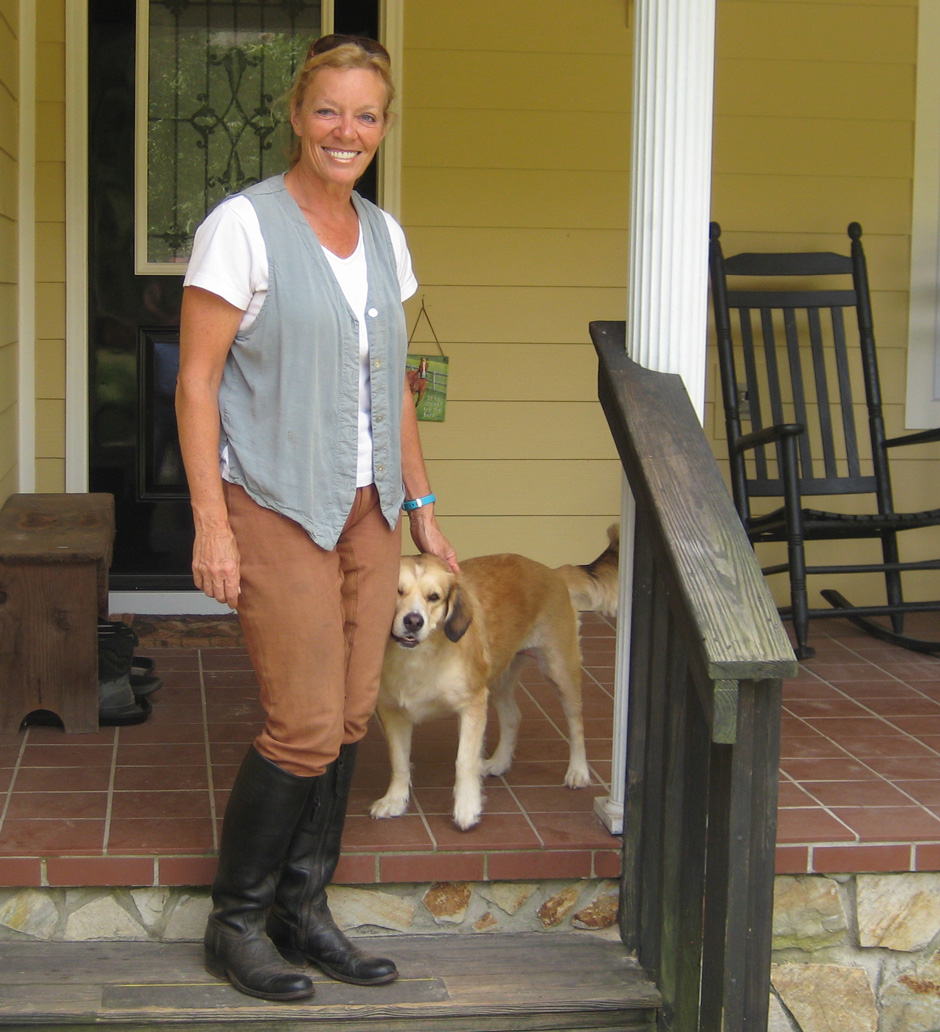
Kathie met her partner, Chuck Wright, a former Vietnam helicopter pilot and banker, in Aiken. They found their calling in operating a seasonal rental business that provides accommodation to visiting riders and their mounts, including both three-day eventers and polo players coming to Aiken for several months a year to condition and compete. Far from being retired, Kathie has stayed active with the polo, the rentals, and taking classes. During the hottest months, they take trips to the ocean for shrimping and crabbing, or go hiking in the mountains (both only two hours away). She has no regrets about her move and feels that Aiken exceeded her expectations. Kathie enjoys the sociability of the horse community, loves the informality and pet-friendliness of the town, and thrives on volunteerism and fund raising for the local SPCA.
KIM SNIDER (50) ran a successful fund-management business based in Dallas while also hosting a financial talk show, writing a book (How to be Your Family CFO), and advising clients on personal investment for retirement. Her investment savvy allowed her to take early retirement in 2000 and start planning her relocation. Her major considerations were to find a medium-sized community resembling her East Texas childhood home, one that would be horse-friendly and where she could resume her polo playing, which was interrupted while she built her business. She was also seeking a more temperate climate than Texas, good digital connectivity that would allow her to continue to work remotely, and, importantly, property values that fit her budget. Her plan was to purchase significant land (50+plus acres) and build a compound including a plantation home, barn, office building, clubhouse, and polo field.
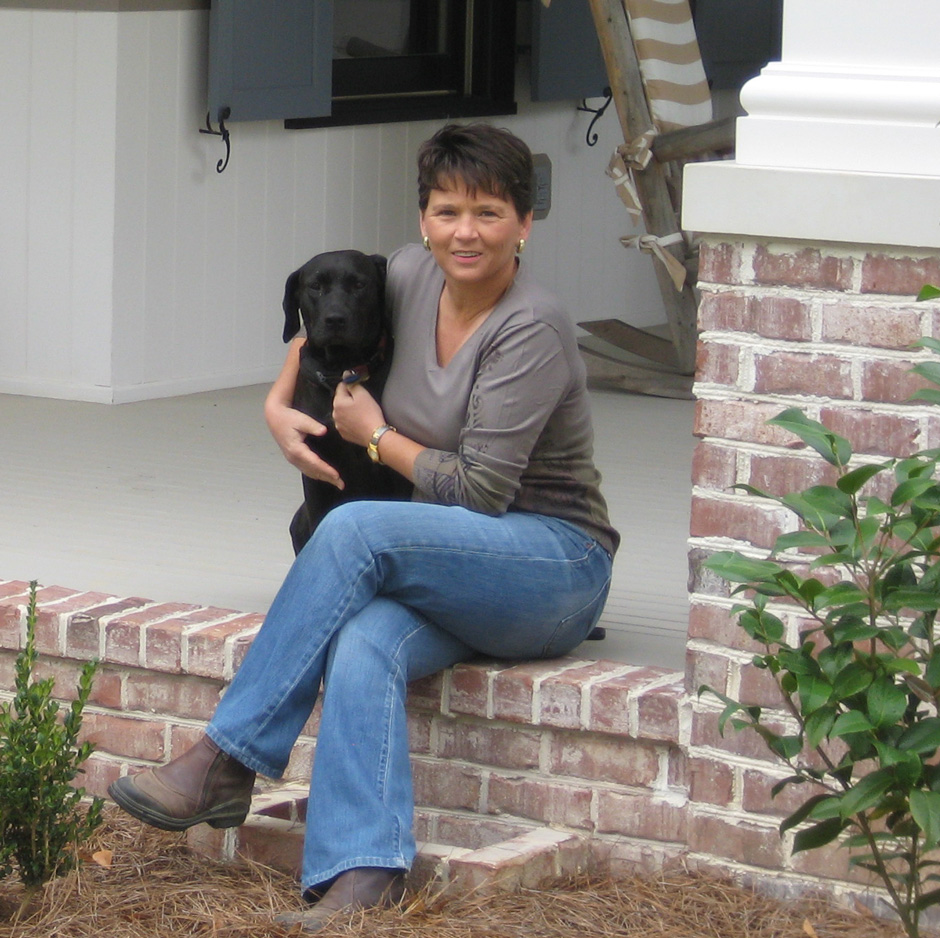
On a scouting tour to Aiken in 2004, she instantly decided it was the right place, and within two years she found her ideal 50-acre property, paying $8,000 per acre. She subsequently expanded this to 170 acres, but, due to the economic downturn, she scaled back her investment to $3 million. Kim and her husband, Jim, have an active lifestyle on their Aiken compound—a blur of pleasurable activities, as she puts it. Having started three other lifestyle businesses centered on instructional how-to videos, Kim works remotely from her barn office with colleagues around the world. In addition to resuming polo at the next-door Broken Arrow Polo Club, she is dabbling in dressage and fox hunting. Just like Kathie, Kim says that Aiken has exceeded her expectations in terms of sociability and amenities, and she gets pleasure from finding real artisans that can still repair things.
Both of these two successful boomer transplants have the same words of advice to those who follow: “Have a plan, compare alternatives that meet your criteria, and test the lifestyle first by visiting and renting before buying.”
All in all, for a vacation, a winter getaway, or as a new hometown, Aiken definitely deserves a look.

WHERE TO STAY
True to Southern tradition, there are several charming hotels and inns within Aiken. Conveniently located near the center of town, here are a few establishments that stand out above the rest:
Voted one of the best hotels in the world, the Willcox Inn embodies Southern hospitality at its finest and hosts a restaurant and spa frequented by both guests and Aiken residents.
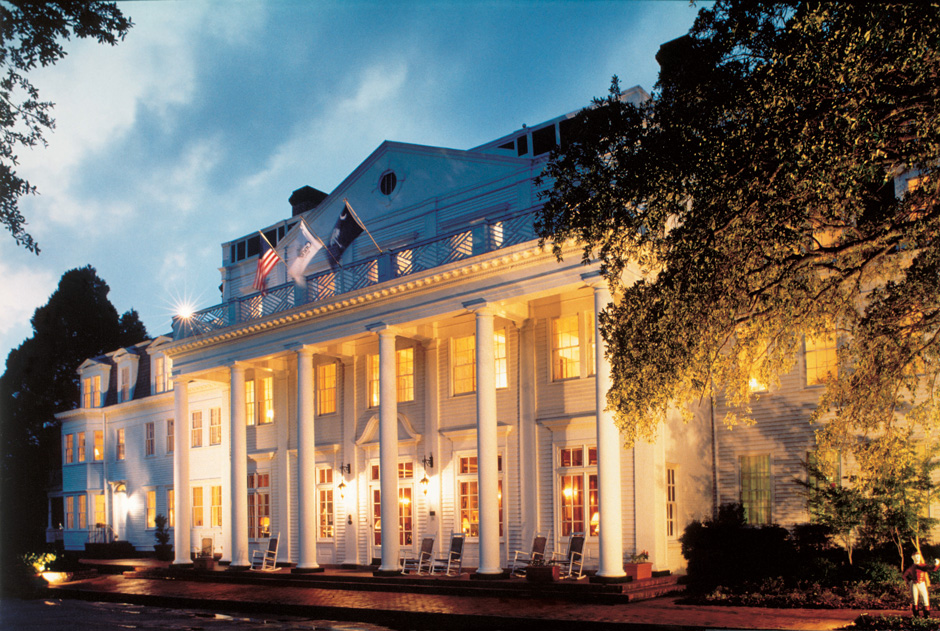
Renowned as a legendary historic winter-colony estate, Rose Hill embodies timeless elegance. The expansive gardens, outdoor spaces, and hotel encompass an entire block.
In the heart of the common, the Hotel Aiken is well known for its convenient location to many shops, restaurants, and activities.
WHERE TO EAT
Winner of many specialty awards, Davor’s Cafe offers fare of exceptional quality, ranging from certified angus beef to select seafood. Their wine menu has 100-plus selections, and a diverse array of martinis, hot spirited drinks, and single malts.
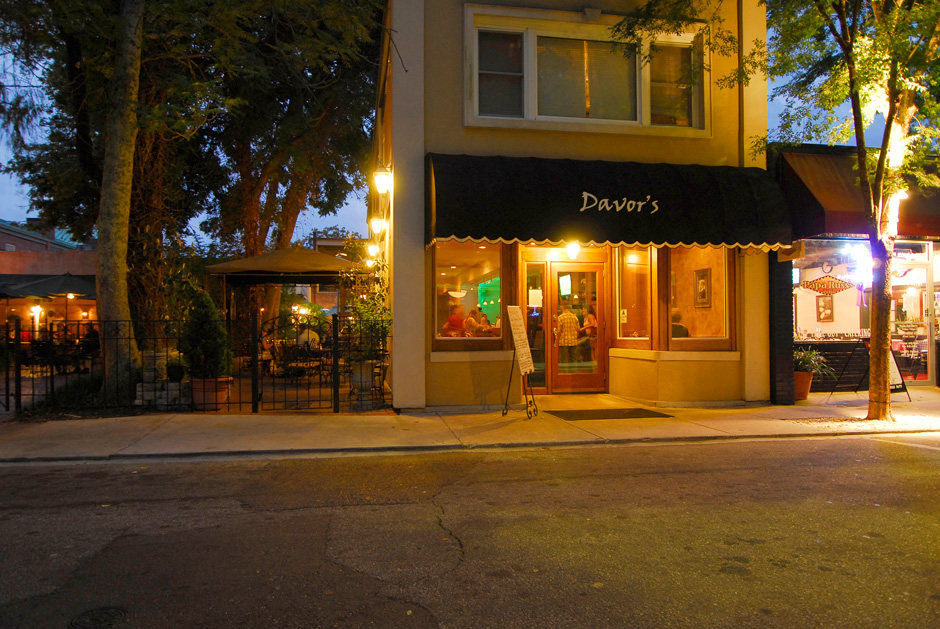
Malia’s refined elegance is welcoming to all palates. An array of dishes made from organic and all-natural ingredients encompasses a hint of Southern style.
Sited within the historic common, Prime Steakhouse specializes in the finest aged steaks, lobster, and fresh seafood. Black Angus or prime-graded, meats are dry-aged in house.
WHERE TO SHOP
Equine Divine is a chic boutique with beautiful clothing and accessories with an equestrian theme.
Oak Manor Saddlery offers everything riders might need.
Plum Pudding is a delightful culinary boutique with an array of styles and designs for the aspiring gourmand.
Lionel Smith Ltd offers the finest in men’s fashion for all ages and interests.

